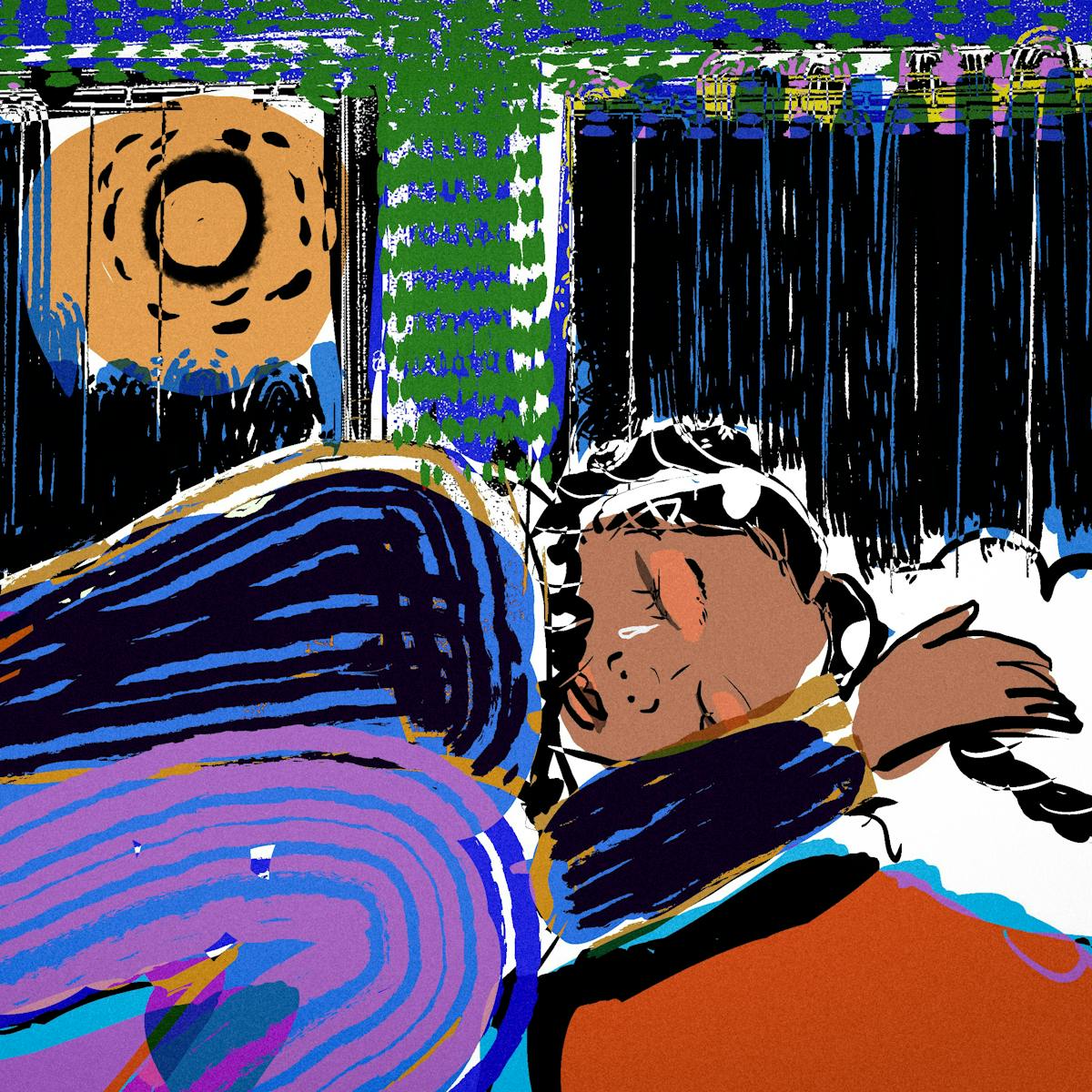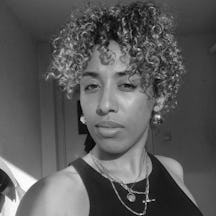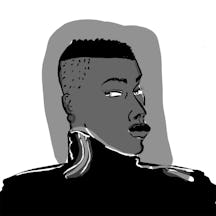Clinical depression can result in a number of coping strategies, one of them being sleep dependence. Our writer recalls her years of blocking out the world for hours at a time, and recounts how she overcame guilt and stigma, moving towards a more healthy relationship with sleep.
Sleep feels a strange thing to centre in a conversation on depression, but looking back on five blurry years, my dependence on it feels the most tangible evidence that depression was something that I experienced. It still makes me uneasy that the people around me have a clearer image of what those five years looked like than I do.
After I have had a bad week or day, my dad reminds me that I used to struggle leaving my bed, and despite a vague pang of recognition, it feels as if he is describing somebody else, someone who could never have been me.
Depression crept up on me in my teenage years, during a time of critical transition that came in the form of a concrete slab of a new sixth form. Though I can't remember the exact cocktail of dread, panic and despair that would fill me on my way to school each morning, the lows I felt were expansive, while managing to be paradoxically claustrophobic and imprisoning.
Sleep was something that lured me in, a painful buzz behind my eyes, a stinging alert signal to the perils of staying awake, and as going into school became an increasingly impossible feat, napping became a coping mechanism for me to manage. Crawling into bed, blinds down at midday, tucked tightly into the foetal position, I found sleep undeniably therapeutic, something that I became completely dependent on.
Sleep enveloped me like an embrace, a huge and comforting fog that hid the things I found most scary, upsetting and that, ultimately, I did not have the tools to face.
It does, however, feel a crude simplification to frame sleep dependence as purely a form of escapism, as “for all animals, including humans, sleep is an appropriate way of protective withdrawal”, as British psychiatrist Dr Alan Cooklin explains. Sleep for me felt less about avoidance and more like a sense of shelter, coming in from the dark and cold to the warm and safe.
I also had my most vivid dreams at this time, no doubt a side effect of my meds, but it was in these strange encounters, bizarre scenarios and other worldly realms that I was able to process how I felt in a way I simply did not feel capable of doing sitting across from my therapist. The sense of freedom that sleep gave me to explore my feelings is what Dr Cooklin refers to as “reprocessing... It’s a bit like doing a reboot on your computer; it allows data that has been collected throughout the day to be laid down, stored as memory”.
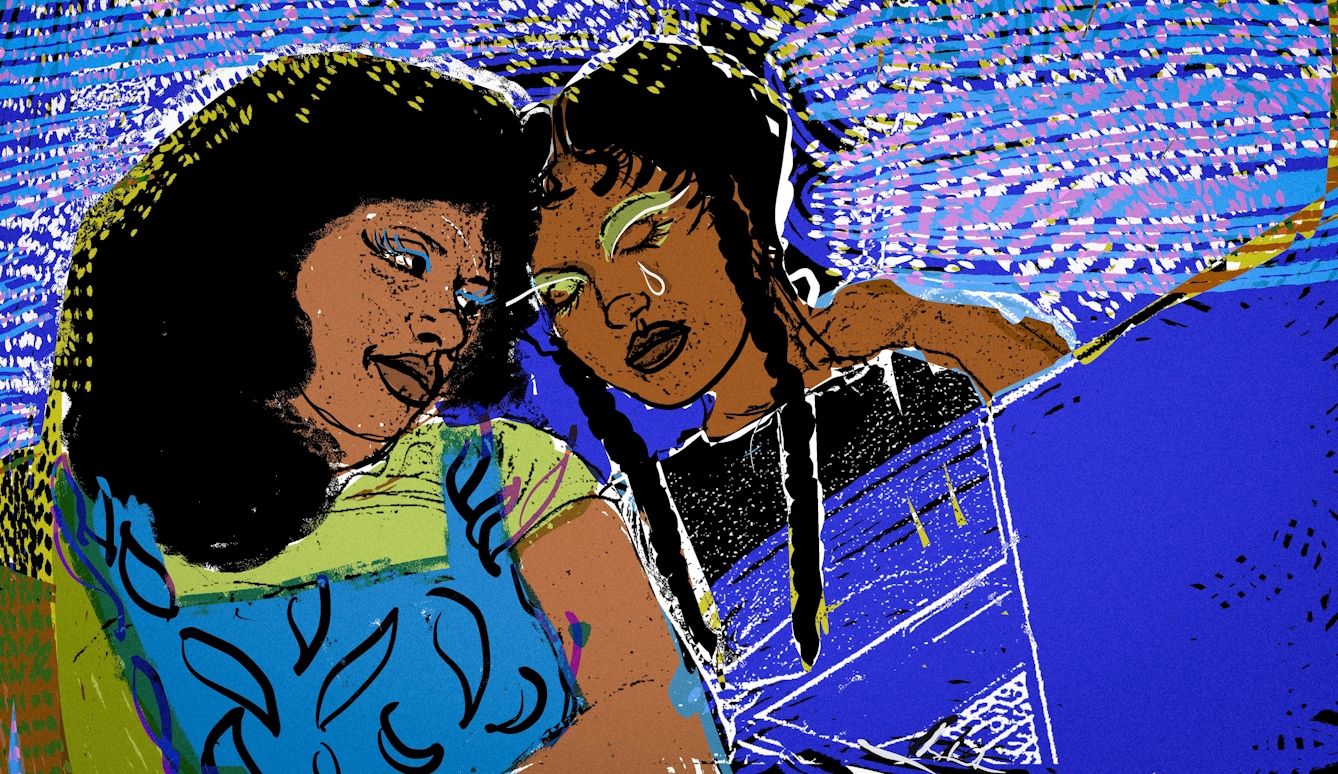
“After a tough day I recently went to a friend’s house knowing I didn’t want to be alone, and as I cried and she comforted me, I felt my lids closing and I knew sleep really was the only thing that would help me feel better.”
Sleep as a safe retreat
Framing sleep as a functional process was a key way for me to remove the stigma that I had attached to it. Part of what makes sleep dependence and guilt go hand in hand is the association of sleep with laziness and slobbishness.
“There’s a sort of moral superiority about not having so much sleep; Thatcher famously survived on four to five hours sleep.” While the Thatcher reference put forward by Dr Cooklin couldn’t be less aspirational in my eyes, it perfectly captures why insomnia does not garner the same level of disdain in our society.
There always felt something grossly self-indulgent about my dependence on sleep and the stress it caused me, a sentiment that resonates with 22-year-old student Anaiah Davis. “Sleep is something I always felt guilty about. I was always sleeping too much or too little, and as a result was in a perpetual state of tiredness,” she says.
I started this article keen to focus on sleep dependence as an isolated behaviour, but I soon understood that this was not possible, echoed by Dr Cooklin’s words: “You can't talk about sleep dependence without talking about sleep deprivation, because it is often related to levels of anxiety: what I would call being on ‘sentry duty’. The person feels they have to stay alert; they don’t trust what will happen to them if they go to sleep.”
Strangely, I was able to connect with this analogy, despite it leading me to act in the exact opposite way – at my most manic, sleep was a safety cord, one that cut the lights, ensuring I was safe.
My reliance on sleep made days out, holidays with friends, spontaneous meet-ups all become sources of real anxiety, and at worst, seemingly impossible feats.
My reliance on sleep made days out, holidays with friends, spontaneous meet-ups all become sources of real anxiety, and at worst, seemingly impossible feats. I got a sinking feeling before going away with friends, worrying about whether I could stay awake for a whole day and whether it would be possible to steal a nap.
After a tough day I recently went to a friend’s house knowing I didn’t want to be alone, and as I cried and she comforted me, I felt my lids closing and I knew sleep really was the only thing that would help me feel better. I got into her bed, tucked my knees to my chest and shut my eyes.
Awake three hours later, I bathed in the giddying sense of disorientation that had become a lifeline for me through my worst days. Though rested, I felt unsettled, at once taken back to my teenage bedroom, the numbing but ultimately comforting feeling of not really knowing what time or day it was recognisably peaceful and addictive.
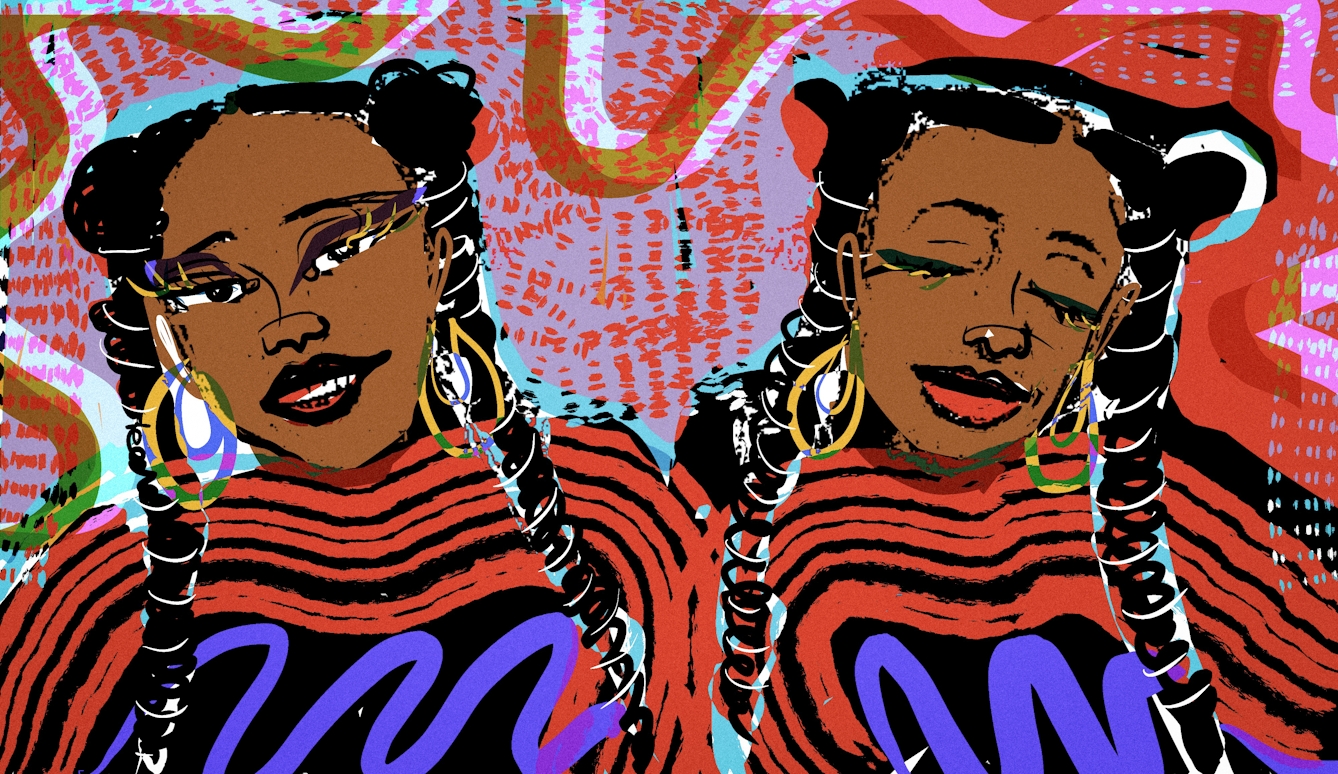
“Sleep has made me far more in tune with myself, what overwhelms me, what I am sensitive to and, most importantly, what energises me.”
In tune with myself
Though the correlation between oversleeping and depression is strikingly obvious to me now, it wasn’t always, and it is still not widely understood. A close friend of mine who suddenly found herself sleeping 15 hours a night sought out her doctor. After a few questions around exam stress and a series of blood tests, she was left to question what was going on for herself. It was only six months later that she made the connection: she had been incredibly depressed and it was her body’s way of coping.
Anaiah Davis also found the same, coming to this conclusion only in therapy. When I put this disconnect to Dr Cooklin, he commented, “In general, when people talk about sleep and depression, it is more the disruption of sleep, but sleep is such a fundamental part of a human’s life that inevitably, if you have got disruption in the whole neuro-physiological functioning, which you do get with depression, it is likely that sleep is going to be affected.”
While napping, for many, is normal, sleep dependence is not, and talking about it even less so. Depression has undeniably changed my relationship with myself, but in a way that I am truly grateful for. I now think far more consciously about what I need, prioritising my boundaries, space and alone time in a way I hadn’t thought to before.
Sleep is still something I crave when I am having a bad day, week or month, something I try to resist when the responsibilities of adult life make it impossible. Ultimately, though, it is far less damaging than many other more self-destructive coping mechanisms.
Finding a balance is difficult, but it is something I strive for, and speaking to others has not only put those blurry years into perspective, but has been affirming in how I perceive and understand my depression and what I went through. Sleep has made me far more in tune with myself, what overwhelms me, what I am sensitive to and, most importantly, what energises me.
About the contributors
Lauren Gee
Lauren Gee is a researcher and writer from London. Working across a range of projects in the arts and cultural sector, the content she supports, curates and makes is committed to creativity and representation, platforming underrepresented voices and ideas that have community at their core. Lauren is currently working on the ambitious Hackney Windrush Art Commissions as a project coordinator and as an assistant producer to Qila Gill across a selection of independent shorts.
Ngadi Smart
Ngadi Smart is a Sierra Leonean visual artist and designer based between London, UK and Abidjan, Côte d’Ivoire. Her practice comprises of illustration, photography and design. She also works as a mixed-media artist, primarily in the form of collage art.
